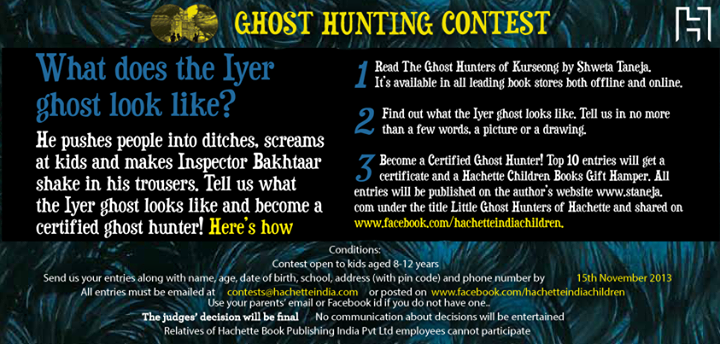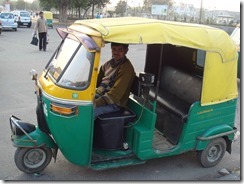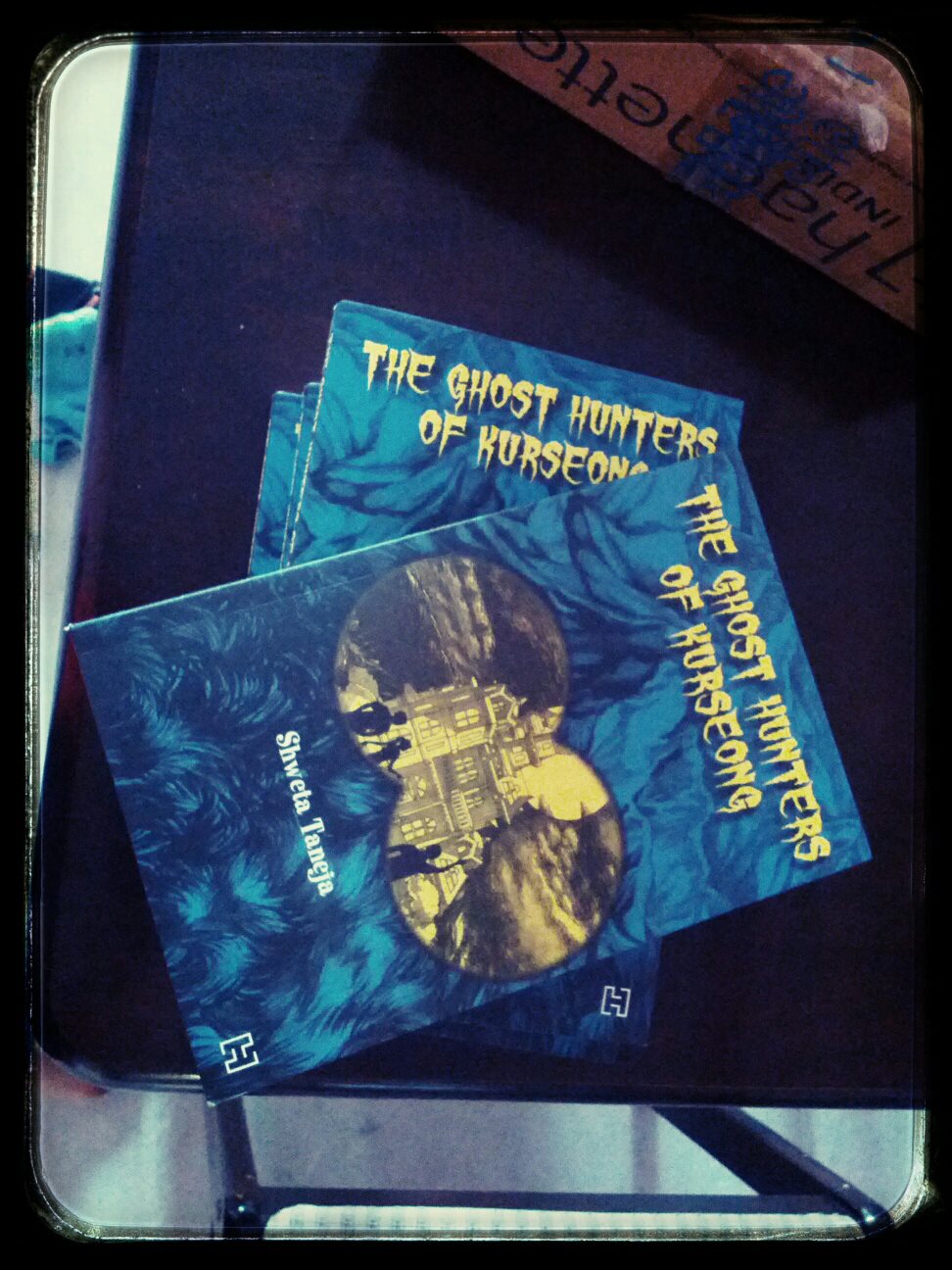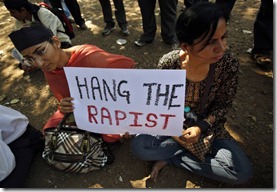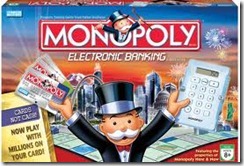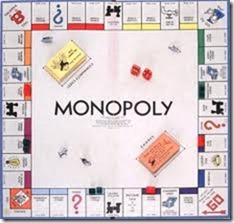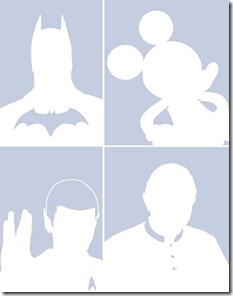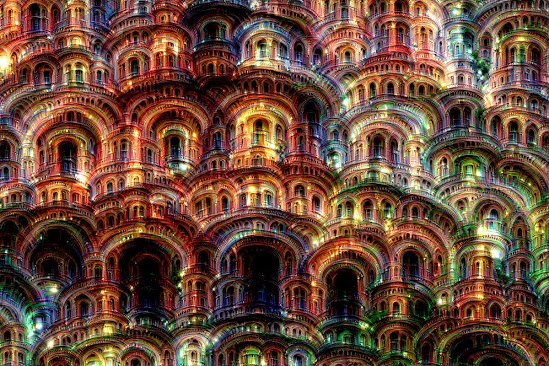You can’t really miss it. Competition or rivalry for supremacy or a prize is at the heart of what construes our social set up. All of us are rivals—for food, for water, for the same flat, for the same job, for love. That’s how we have been shaped by our parents, leaders and society. At New Year’s eve while playing a board game with my friends, I started to ponder of the power of competitiveness, of the desire to win which can cause loud arguments between friends, turn them into bickering foes for a few minutes before someone backs off.
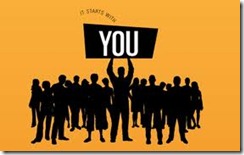
Why do we get competitive? Why is the idea of winning so important? Why do we want to score that just extra point to win the game? Why aren’t losers are revered in the society as winners? The dictionary defines a winner as someone who wins, the victor. I was curious about competition so I found an article which explains how competition between business is harming the society by making the business act in unethical ways. All to earn that extra customers, more sales, more market, or better employs. More search led me to a brilliant paper from someone at Berkeley which sort of summed up what competition is in our society.
“Competition is a fact of life; employees compete for promotions, groups of researchers vie for grants, and companies fight for market share. Typically associated with competition is the drive to win, or defeat one’s opponents. However, not all opponents are alike. Certain competitors, or rivals, can instill a motivation to perform that goes above and beyond an ordinary competitive spirit or the objective stakes of the contest.”
According to the paper, ‘competition is relational and path-dependent’. So you compete with each other when you are playing the same game, the same sport, or are in the same jobs in the company. Companies (or an herd of us) compete with companies on the same path, or same industry.
Which is fine as it goes in the current society that we live in, but it still didn’t answer my first question as to why do we compete at all? Do we need competition to survive or proliferate? Is comparison necessary to keep our productivity high? Or build our character? Or is it a natural occurring codified in our genes, courtesy Darwin’s ‘survival of the fittest’ theory.
Then I found this paper, an old extract from a book by Allie Kohn published in 1986 in the USA, arguably the most competitive developed society around. To my delight, Ms Kohn debunked all arguments I have heard on why competition is necessary for our society’s betterment. Myth by Myth. With studies to prove them. And it’s still relevant to us about 15 years later, in Indian society. Here are a few points I loved (they are detailed so I have highlights things):
Myth 1: Competition Is Inevitable
As with a range of other unsavory behaviors, we are fond of casually attributing competition to something called “human nature.” …that our desperate quest to triumph over others is universal…but it is difficult to find a single serious defense of the claim or any hard data to back it up….competition is a matter of social training and culture rather than a built-in feature of our nature…other researchers have shown that children taught to play cooperative games will continue to do so on their own time. And children and adults alike express a strong preference for the cooperative approach once they see firsthand what it is like to learn or work or play in an environment that doesn’t require winners and losers.
Myth 2: Competition Keeps Productivity High and is Necessary for Excellence
Many people who make such claims, however, confuse success with competition…First of all, trying to do well and trying to beat others really are two different things. A child sits in class, waving her arm wildly to attract the teacher’s attention. When she is finally called on, she seems befuddled and asks, “Um, what was the question again?” Her mind is on edging out her classmates, not on the subject matter. These two goals often pull in opposite directions. Furthermore. competition is highly stressful: the possibility of failure creates agitation if not outright anxiety, and this interferes with performance. Competition also makes it difficult to share our skills, experiences, and resources–as we can with cooperation. All of this should lead us to ask hard questions not only about how we grade–or degrade–students and organize our offices, but also about the adversarial model on which our legal system is based and, indeed, about an economic system rooted in competition.
Myth 3: Recreation Requires Competition
It is remarkable, when you stop to think about it, that the American way to have a good time is to play (or watch) highly structured games in which one individual or team must triumph over another. Grim, determined athletes memorize plays and practice to the point of exhaustion in order to beat an opposing team–this is often as close as our culture gets to a spirit of play. Children, too, are pitted against one another as they conduct serious business on Little League fields…Even the youngest children get the message, as is obvious from the game of musical chairs, an American classic. X number of players scramble for X minus-one chairs when the music stops. Each round eliminates one player and one chair until finally a single triumphant winner emerges. Everyone else has lost and been excluded from play for varying lengths of time. This is our idea of how children should have fun…but there’s an alternative: what if the players instead tried in squeeze onto fewer and fewer chairs until finally a group of giggling kids was crowded on a single chair? Thus is born a new game–one without winners and losers. The larger point is this: All games simply require achieving a goal by overcoming some obstacle. Nowhere is it written that the obstacle must be other people; it can be a time limit or something intrinsic to the task itself–so that no win-lose framework is required. We can even set up playful tasks so everyone works together to achieve a goal–in which case opponents become partners.
Myth 4: Competition Builds Character
Some people defend striving against others as a way to become “stronger.” Learning how to win and lose is supposed to toughen us and give us confidence. Yet most at us sense intuitively that the consequences of struggling to be number one are generally unhealthy. As the anthropologist Jules Henry put it, “a competitive culture endures by tearing people down.” …Trying to outperform others is damaging–first of all, because most of us lose most of the time. Even winning doesn’t help, because self-esteem is made to depend on the outcome at a contest, whereas psychological health implies an unconditional sense of trust in oneself. Moreover, victory is never permanent.…Perhaps the most disturbing feature of competition is the way it poisons our personal relationships. In the workplace, you may be friendly with your colleagues, but there is a guardedness, a part of the self held in reserve because you may be rivals tomorrow. Competition disrupts families, making the quest for approval a race and turning love into a kind of trophy. On the playing field it is difficult to maintain positive feelings about someone who is trying to make you lose. And in our schools students are taught to regard each other not as potential collaborators, but rather as opponents, rivals, obstacles to their own success. Small wonder that the hostility inherent in competition often erupts into outright aggression.
And she finally sums up beautifully: “Instead of perpetuating an arrangement that allows one person to succeed only at the price of another’s failure, we must choose a radically new vision for our society, one grounded in cooperative work and play.”
I get Ms Kohn’s logic. The days when I actually appreciate what someone has written and send them a few lines of love, I feel good, happy. The day I am jealous of an author who’s selling books (books she has written btw), it’s all dark and dirty. I hate myself, I hate the author, I hate the world and my shoulder aches as my stress level goes up (and I don’t perform well).
Our society, last generation, this one, the next one, seems to be in a mad race against each other and even against death. Parents want their children to learn everything from maths to tennis to swimming to genius letter writing or some such. Parents themselves are in the race to get the better job, better salary, better house, better promotion. And each one is okay trotting on a few dead bodies on the way. People compare, compete constantly in everything—from sports, to cooking, to the bigger sofa, better clothes, prettier nose, bigger car… cut throat competition has replaced our souls today. And everyone is unhappy and anxious in this environment of losers and winners. Sad, isn’t it? I wonder when we will realise that cooperating, lending a hand, cleaning up your street and letting people be is a better way to survive and live.
PS: You can read Allie Kohn’s article here (automatic download). For parents who want to make their children non-competitive, here’s some more advice by her.
PPS: I have a feeling I will write more on this. So do wait for it 

